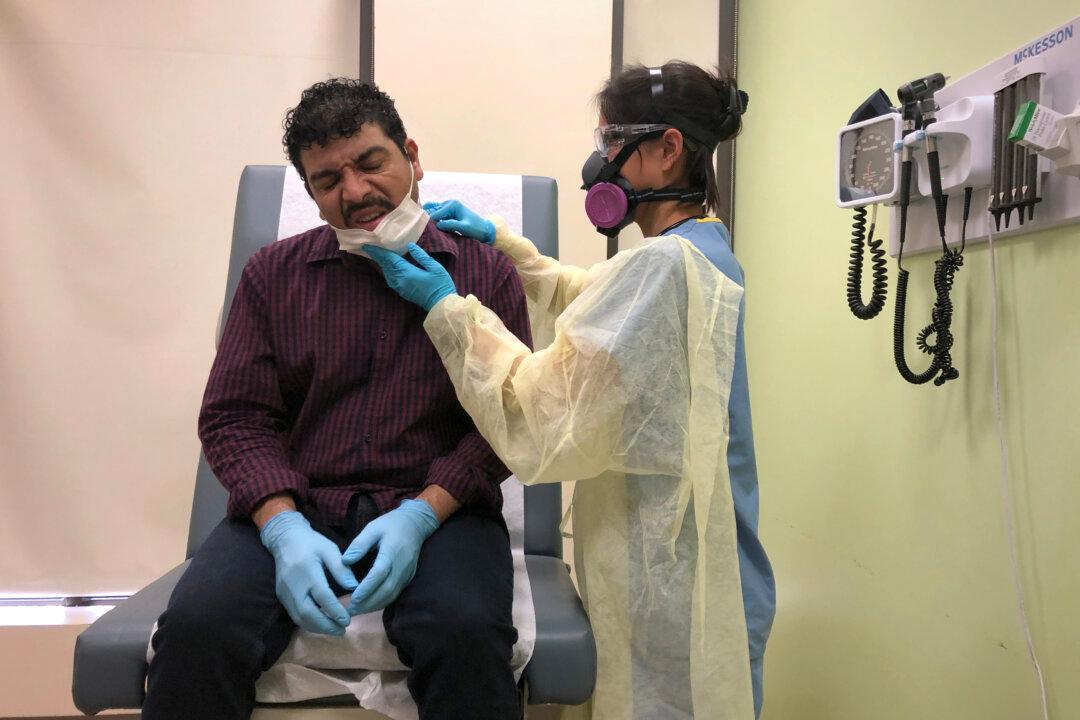Millions of American businesses will soon be assaulted by “meritless and abusive civil litigation” unless Congress enacts new CCP virus liability protections like those unveiled May 7 by the Institute for Legal Reform (ILR), the group said.
“The brewing litigation storm is a recipe for economic havoc,” the ILR said in a study entitled “COVID-19: Federal Problems and Solutions.” The study was prepared jointly by ILR, which is a project of the U.S. Chamber of Commerce, and attorneys with the Skadden Arps law firm.





